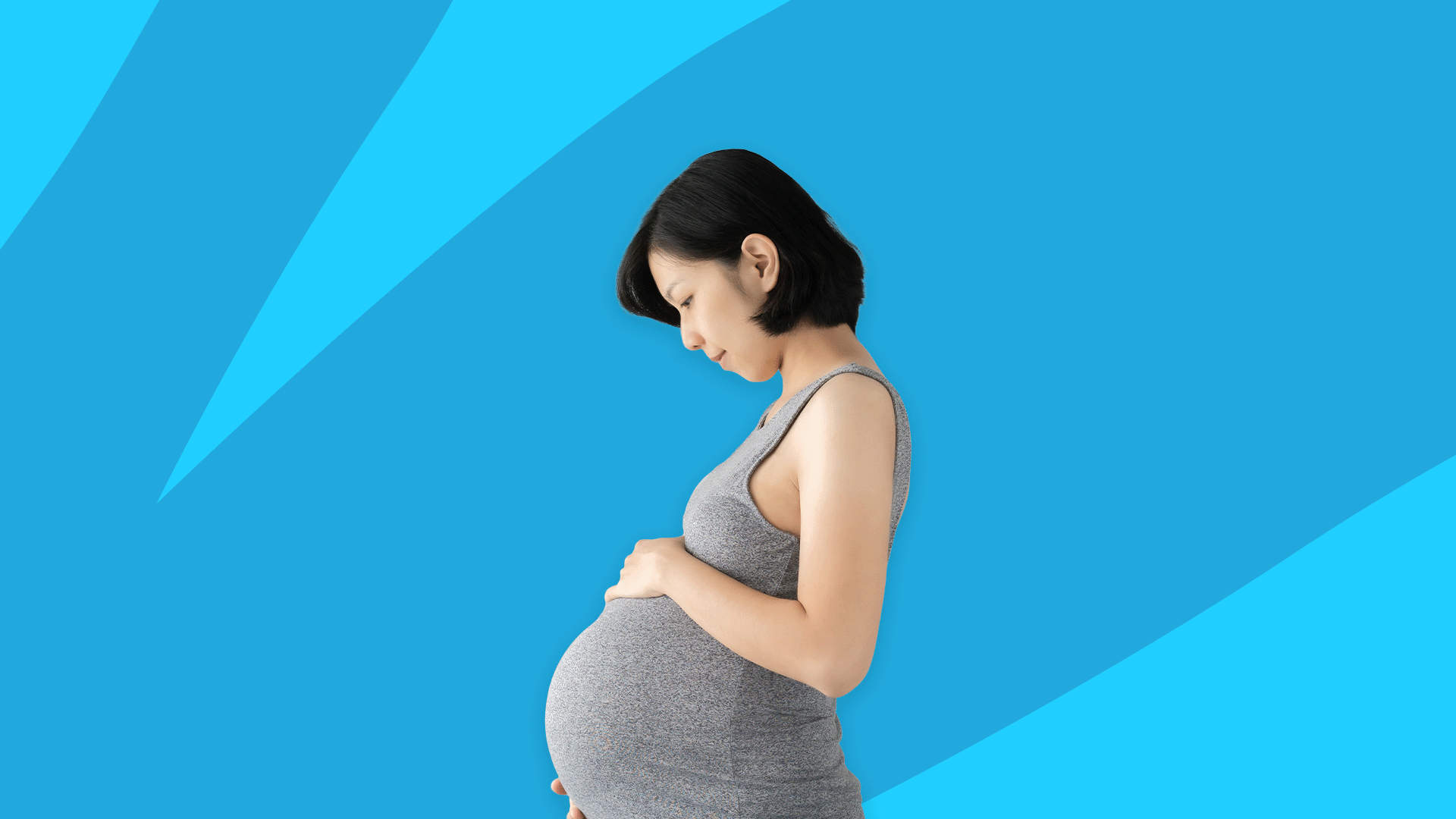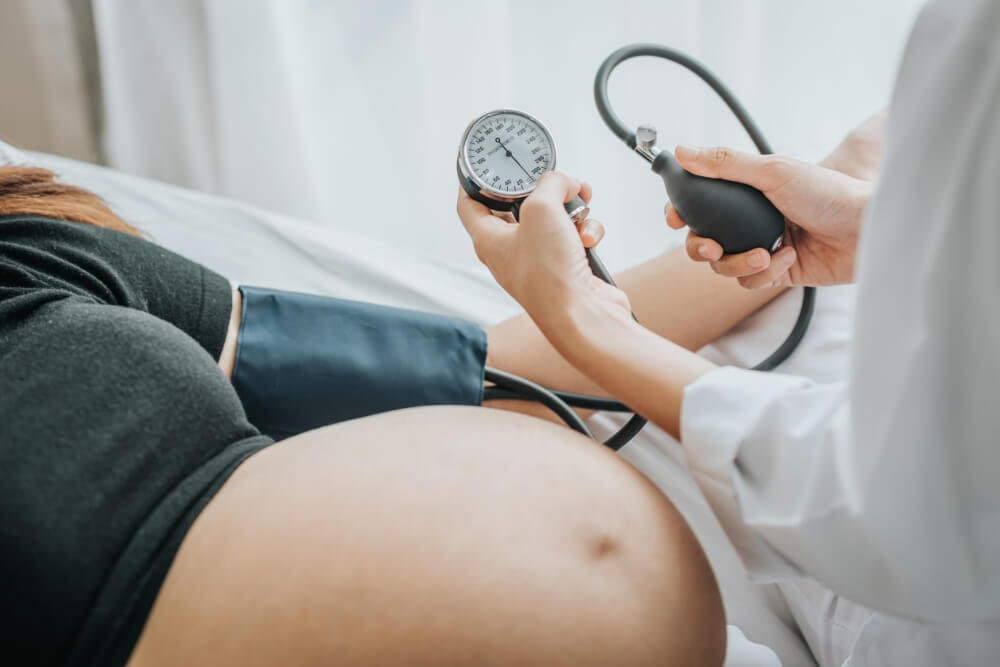A recent study reveals a troubling trend: the rate of chronic high blood pressure among pregnant women has doubled over the past 14 years, yet the treatment for this life-threatening condition has not kept pace. This oversight has serious implications for both maternal and fetal health, prompting experts to call for immediate action.
Hypertension in Pregnancy: An Alarming Increase
The study, published in the journal Hypertension, highlights a significant rise in chronic hypertension among pregnant women from 2007 to 2021. Chronic high blood pressure during pregnancy is defined as readings of 140/90 millimeters of mercury or higher before pregnancy or within the first 20 weeks, according to the National Institutes of Health (NIH).

Despite the increase in cases, the use of medications to treat hypertension has remained stagnant, even as maternal deaths have risen alarmingly in recent years. According to Stephanie Leonard, the study’s lead author and an assistant professor at Stanford School of Medicine, untreated high blood pressure can have severe consequences for both the mother and the baby. These include organ damage, preterm birth, and low birth weight.
The study, which analyzed private insurance claims from 1.9 million pregnant women aged 12 to 55, found that the incidence of hypertension increased from 1.8% in 2008 to 3.7% in 2021. However, the use of medication to treat these patients saw a negligible rise, from 57% in 2008 to just 60% in 2021.
Consequences and Disparities in Treatment
Chronic hypertension poses a significant risk to both mothers and their babies. For mothers, untreated high blood pressure can lead to organ damage and potentially fatal complications during childbirth. For babies, it increases the risk of preterm birth and low birth weight, which can have long-term developmental impacts.
Federal data indicate a significant drop in maternal deaths following alarming increases early in the COVID-19 pandemic. However, women of color, particularly Black and Indigenous women, remain at higher risk of dying during or after childbirth. Black women, for instance, die at nearly three times the rate of white women, according to the Centers for Disease Control and Prevention (CDC).
Candice A. Price, a program director at NIH’s National Heart, Lung, and Blood Institute, emphasizes the need to understand the treatment gaps for chronic hypertension, especially among high-risk groups. She stresses that failing to detect and treat this condition early is a missed opportunity to protect heart health during and after pregnancy.
Improving Diagnosis and Treatment
The study underscores the urgent need for better diagnosis and treatment of chronic hypertension in pregnant women. Dr. Alan Tita, a professor of obstetrics and gynecology at the University of Alabama at Birmingham, highlights the importance of medical treatment for hypertension, especially following the American College of Obstetrics and Gynecology’s 2022 recommendation to treat blood pressure levels surpassing 140/90.
Although the study did not delve into the reasons behind the increase in chronic hypertension, several factors are speculated. These include the trend of having babies later in life and increased vigilance in diagnosing high blood pressure. Obesity, often linked to hypertension, has leveled off among reproductive-aged women, suggesting it is not a primary cause of the rise in hypertension rates.

The data, derived from private insurance claims, do not reflect the situation among Medicaid recipients or uninsured individuals, who may face even higher levels of chronic hypertension and greater barriers to care. Leonard’s ongoing research aims to evaluate the effectiveness of various medications in treating chronic hypertension during pregnancy. To curb maternal deaths and severe complications, Leonard recommends that healthcare providers enhance diagnosis and treatment practices. Pregnant women or those planning to become pregnant should monitor their blood pressure and discuss any concerns with their doctors to explore treatment options.
